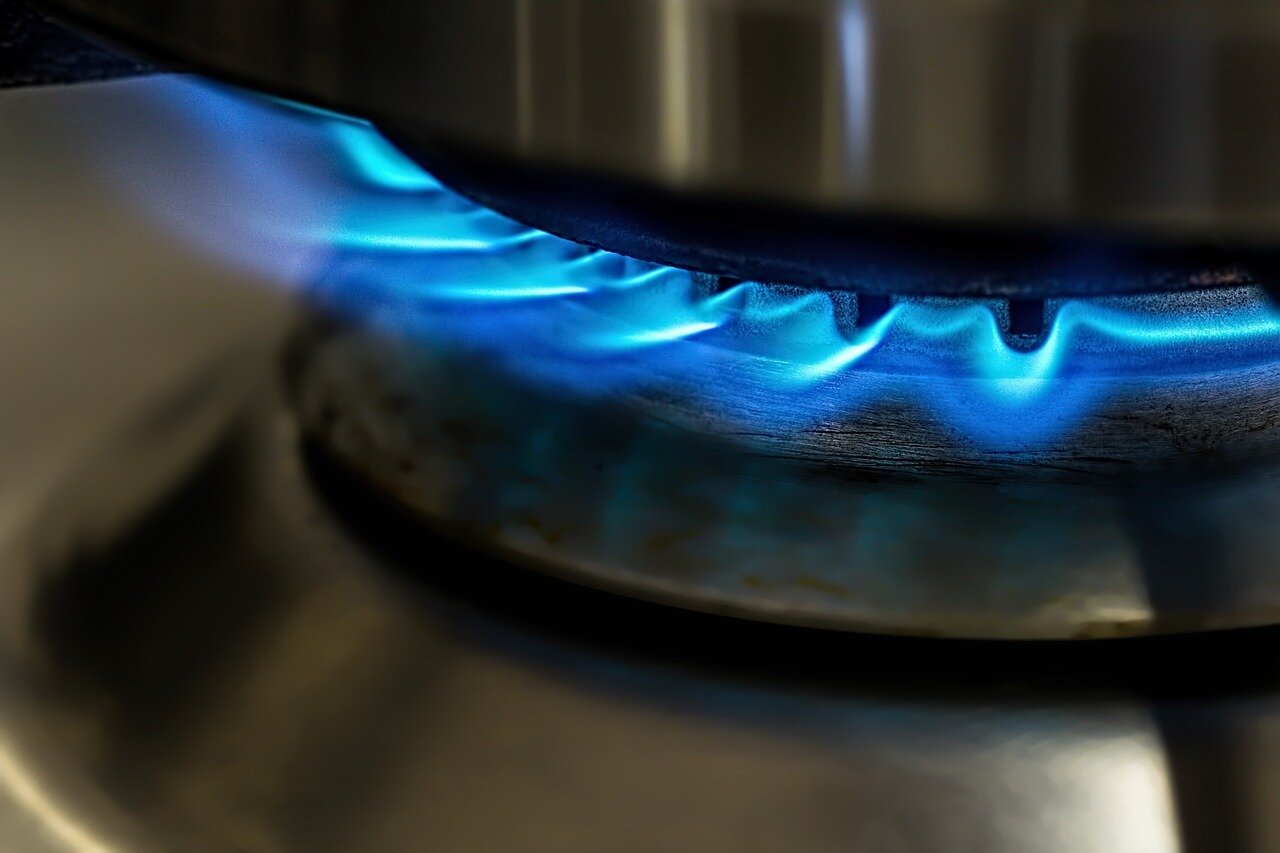The House Building Federation (HBF) published a new report last week. It showed new build properties can save buyers an average of £2,000 on their energy bills each year.
With the cost of living and other economic factors taking hold, will energy bill savings be enough to entice people to buy new-build homes?

The report data on the energy efficiency of new-build homes
We’ve been telling our readers for a few years now, about the excellent energy efficiency of new-build homes. So it’s good to see the results from the HBF Watt a Save report, documenting what this means in terms of figures from a financial and environmental perspective.
The energy crisis has made energy efficiency a huge priority for homeowners, and it’s some token relief to know there are significant financial savings to be had with new builds. Here are some of the statistics from the report.
Can energy make the difference for new-build home buyers?
They can certainly help. But right now, people across the country are struggling with the increased costs of everything. From fuel to the weekly shopping bill, everyday living costs are proving very difficult. We already know how hard it is for younger people, first-time buyers in particular, to get on the property ladder. Saving for the deposit is difficult enough. And we are facing the end of the government Help to Buy Scheme (the scheme closes to new applications on 31st October 2022 to ensure legal completions by 31st March 2023).
And an even bigger concern for most homebuyers, especially first-time buyers, are mortgages. Not only are interest rates high, but lenders have withdrawn numerous competitive products from the market. This could mean a huge step back for first-time buyers, having to rent for longer as they can’t afford the monthly mortgage costs. And with that, there comes a decline in interest for new homes, affecting the number of reservations as would-be buyers are forced to wait.
Interestingly, Stewart Baseley, Executive Chairman of the HBF commented on the results from the Watt a Save report. He said, “The energy crisis is highlighting starkly the efficiency benefits and costs savings provided by new build homes.” And he goes on to say, “In the face of the cost of living crisis we now need lenders to take these savings into account so that consumers can benefit further through cheaper mortgages.”
- Looking at the EPC of new-build homes, 84% of them had a rating of B or above. Older, existing homes with the same rating totalled less than 4%.
- The amount of energy used by the average new build each year is approximately 100 kWh per m2. Older properties require much more at 259 kWh per m2.
- The energy cost savings of a new-build property are just over £2,000 per property each year. The data shows the average annual running costs for a new build total £1,500. Significantly less than the £3,570 average annual running costs for established, older properties. And if you look specifically at houses
(rather than including smaller properties such as flats and bungalows in the overall figures), the energy cost savings increase to nearly £2,600 per year.
- And in terms of carbon emissions, new-build homes make a huge difference. Each new-build property prevents a staggering 2.2 tonnes of carbon being emitted each year, making them far better for the planet.
Who can benefit from buying a new-build home?
We all know a large proportion of new-build home buyers in this country are first-time buyers. But right now, in this economic climate, there are benefits for next steppers and downsizers to take advantage of. Especially with regards the energy bills.
It pays for current homeowners to review their circumstances when it comes to energy. How much will it cost to retrofit your older property to be more energy efficient? Would it cost much more to sell up and buy a new-build home? Of course, in this situation mortgages and interest rates would need to be considered.
But for anyone who had been thinking of downsizing to a smaller home in the last few years, the time could be good to do so, and to buy a new build. The facts are there that if you leave an older traditional property with a poor EPC rating and move into a more energy efficient new-build home, you can save a couple of thousand pounds per year.
Does an energy-efficient new-build home appeal to you when you consider your first or next home? If you are keen to save on the costs of energy bills, start your new home search with us. We list homes available for sale with developers large and small across the country. Get started here.